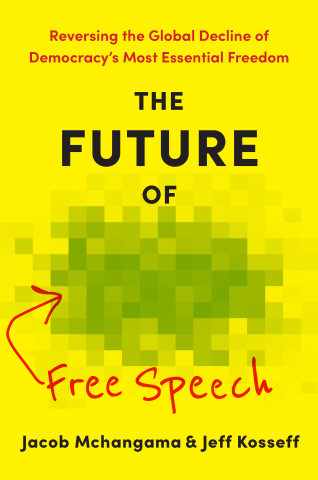
Reviews
Concerned with the transmutation of citizenship that follows from changes in which ethnic and subcultural identities are viewed in contemporary liberal democracies... Spinner moves toward his positive or prescriptive conclusions through careful and balanced reading of a broad range of scholarly work in political science, anthropology, and philosophy, as well as in sociology, and with clear and convincing argument.
This volume does an excellent job of coming to grips with the issue [of classical liberal political theory treating citizens solely as individuals instead of groups into which real populations are divided] in normative terms.
Book Details
Preface
Part I: Introduction
Chapter 1. Liberalism
Chapter 2. Race, Ethnicity, and Nationality and Liberal Thought
Part II: The Formation of Identity
Chapter 3. The Construction of Identity
Chapter 4. Race
C
Preface
Part I: Introduction
Chapter 1. Liberalism
Chapter 2. Race, Ethnicity, and Nationality and Liberal Thought
Part II: The Formation of Identity
Chapter 3. The Construction of Identity
Chapter 4. Race
Chapter 5. Ethnicity
Chapter 6. Nationality
Chapter 7. Contested Meanings
Part III: The Demands of Liberal Citizenship
Chapter 8. Jewish Emancipation and the Jewish Question
Chapter 9. Civil Society and Equal Citizenship
Chapter 10. The Demands of Liberal Citizenship
Chapter 11. The Transformation of Ethnic Identity
Chapter 12. Political Participation and Identity
Chapter 13. Community and Diversity
Part IV: Pluralistic Integration
Chapter 14. The Limits to Cultural Pluralism
Chapter 15. Illiberal Cultural Practices
Chapter 16. Toward Pluralistic Integration
Chapter 17. Pluralism, Power, and Standards
Chapter 18. Ethnic Failures, Ethnic Success
Part V: The Ethnic Rejection of Liberal Citizenship
Chapter 19. The Amish Community
Chapter 20. Liberal Changes
Chapter 21. Partial Citizenship
Chapter 22. Choosing to be Amish
Chapter 23. Justifying Yoder
Chapter 24. A Liberal Paradox: The Case of Hasidim
Part VI: Race and the Failure of Liberal Citizenship
Chapter 25. Liberalism and Racism
Chapter 26. Realizing Equal Citizenship
Chapter 27. Public Recognition of Black Citizenship
Chapter 28. Reconfiguring Civil Society
Chapter 29. Black Power and Black Culture
Chapter 30. Black Identity in the Liberal State
Part VII: Language and Nationality
Chapter 31. The Two Faces of Nationalism
Chapter 32. Public Language, Public Culture, and Public Space
Chapter 33. The Liberal Facilitation of Nationalism
Chapter 34. Cultural Preservation
Chapter 35. Nationalism and Citizenship
Chapter 36. Liberalism and Nationalism
Part VIII: The Boundaries of Citizenship
Chapter 37. Boundaries and Identity
Chapter 38. The Tensions of Diversity
Chapter 39. Pluralistic Education
Chapter 40. Liberalism and Cultural Identity
Notes
Bibliography
Index





